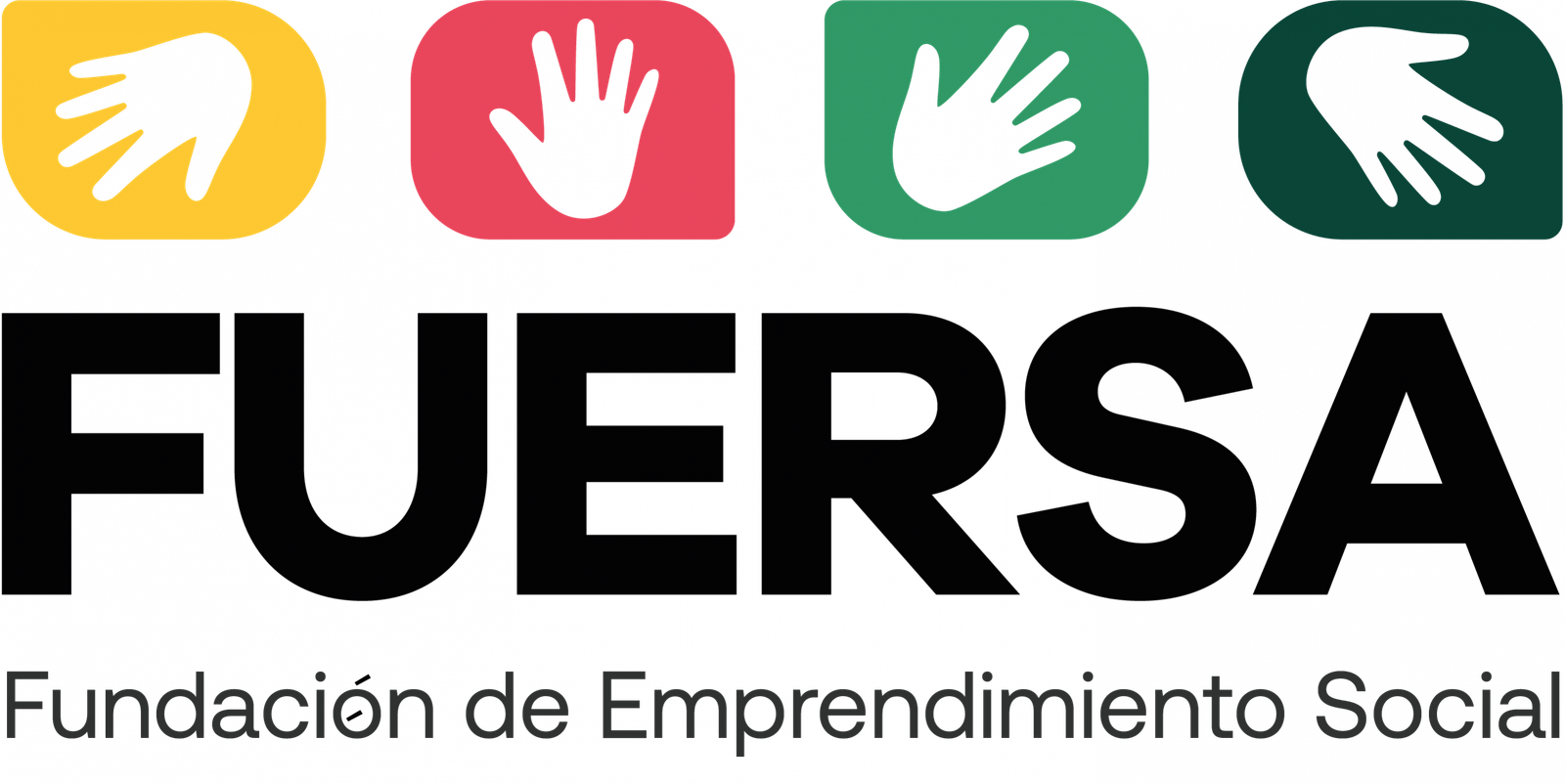Wastewater can contain a wide variety of contaminants, such as organic matter, chemicals, nutrients and microorganisms. If not treated properly, wastewater can have a negative impact on the environment and public health.
Therefore, wastewater treatment is an important process to reduce the amount of pollutants and protect the environment and public health. Wastewater treatment includes a variety of processes, such as separation of solids and liquids, removal of contaminants, and disinfection of treated water. Once treated, wastewater can be reused for non-potable purposes, such as irrigation, or safely discharged into the environment.
There are several types of wastewater, which are classified according to their origin and composition. Some of the most common types of wastewater are:
- Domestic wastewater: is wastewater generated in homes, which includes water from bathrooms, sinks, kitchens and laundries.
- Industrial wastewater: is wastewater generated by industries, which can contain a variety of contaminants, such as chemicals, heavy metals and organic materials.
- Agricultural wastewater: is wastewater generated in agricultural activities, such as crop irrigation, animal washing, and food processing.
- Storm wastewater: It is rainwater that is collected and transported by urban drainage systems and may contain contaminants such as oils, greases and sediments.
- Hospital wastewater: is wastewater generated in hospitals, clinics, and other healthcare facilities, which may contain chemicals, pathogens, and other hazardous contaminants.
Each type of wastewater has different characteristics and treatment requirements, so it is important to identify the origin and composition of the wastewater before designing and applying an appropriate treatment system.




